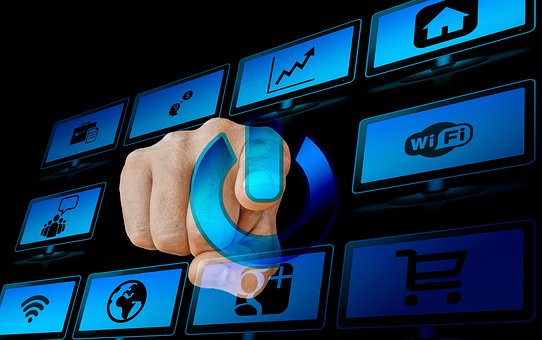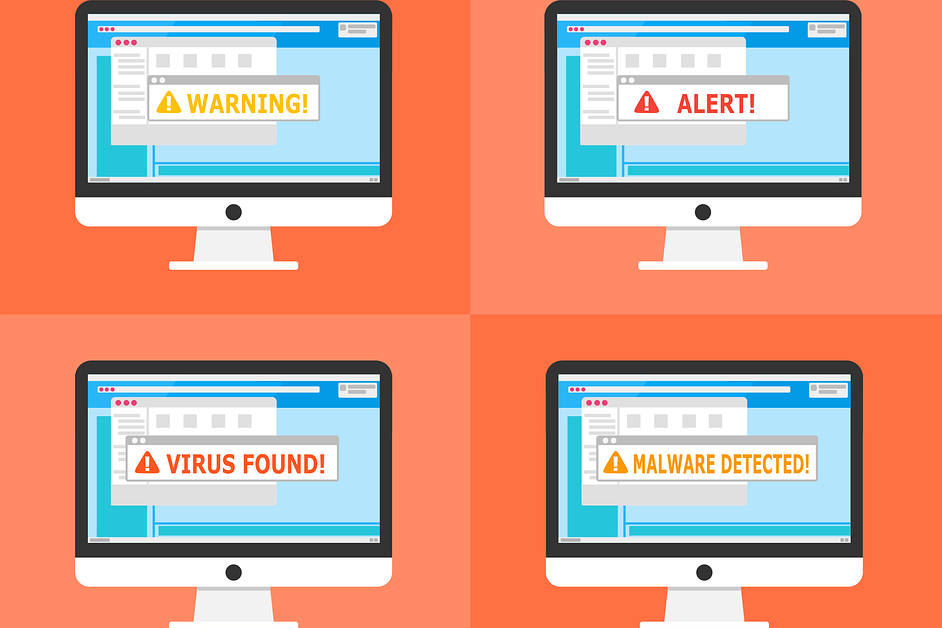
What are exponential technologies and how do they impact modern society and cybersecurity?
Olga Cavalli
Exponential technologies are those that double their processing or power speed each year, while halving their costs.
There are several examples of these technologies, and the aim of this article is to review the most significant ones from the perspective of their impact on today's society and cybersecurity.

Internet of Things (IoT) is the interconnection of physical devices that use sensors, which allows these objects to be connected and thus exchange data, allowing the remote control and integration of devices into a larger system. Among its many advantages are the automation of industrial and domestic networks, its use in intelligent cities, the existence of intelligent cars and the control of devices remotely.
While the benefits of using this technology are many, it also presents security challenges, as breaches may occur that allow attacks, so far little-known.
There are also doubts about the treatment of such a large amount of data generated, as well as the amount of electronic waste that there will be.
The advent of autonomous devices, robots and cars, among others, added to the inclusion of technologies based on Artificial Intelligence in them, opens a new area both of opportunity and debate.
The term "artificial intelligence" applies when a machine imitates "cognitive" functions that humans associate with human behaviour, such as "learning" and "problem solving".
It is clear that robots are ideal for carrying out repetitive and dangerous tasks, but there is also the fear that they can replace the human workforce, thereby generating more unemployment. Furthermore, can robots learn in the same way as humans? Will the learning be kept under control or will it become unpredictable? Who will be responsible for the bad behaviour of a machine that works autonomously, such as a car for example?
NO INDUSTRY STANDARDS YET
But it is not cars that function by themselves, there also devices that circulate by Internet. 3D printing is the process of "manufacturing" a three-dimensional object, starting from a digital file on a computer using a special printer. The materials can be plastic, metal or organic elements. It is relatively easy to build devices remotely by sending the corresponding files to a remote computer with a 3D printer. This technology significantly reduces production costs, and we could reduce transport cost of manufactured materials by manufacturing parts remotely with one of these printers. While these ends are attractive, there are still no industry standards yet established in this regard. We also need to be careful with the materials used so as not to create environmental problems.
Automation and data exchange in manufacturing technologies, interconnection and automation of devices via the Internet of Things, virtualized data processing, using cloud computing, big data and cognitive computing: all these elements create "smart factories", also called "Industry 4.0". In addition to the advantages of automation and avoiding people having to perform repetitive or dangerous tasks, this combination of technologies could have an impact on the nature of work itself and create a new gap between the highest and lowest industrialized countries.
One of the new frontiers will be the impact on agriculture, leading us to the so-called "precision agriculture" that may allow us to meet the future demand for food in the world.
The FAO reports that if the world population grows to 9.1M by 2015, a 70% increase in food production will be needed. Annual cereal production needs to increase by 46% and beef by 76%. Agriculture needs to increase by 68% to achieve this goal; precision agriculture is needed if we are to meet this requirement. Exponential technologies can help agriculture meet this demand. Similar to Industry 4.0, it could have an impact on work and create a new gap between more and less industrialized countries.
THERE WILL BE MACHINES CONNECTED TO MACHINES
Connectivity and the Internet is impacting the economy. 3D printing can transform how and where goods are manufactured, and the Internet of Things and unmanned vehicles can improve output production lines, offering new ways to control shipping and cargo security, ensuring product quality and optimizing logistics planning, reducing costs while delivering more efficiently, thereby improving customer relationships. Artificial intelligence and automation can increase productivity.
But besides the advantages for increasing productivity, there are challenges.
Internet of things will generate considerable volumes of information and there will be machines connected to machines without human interaction.
Sensors and devices can be interfered with and cause security flaws and attacks. Privacy is challenged because of the large amount of personal data used and stored in different ways in different places. Where is the information stored? How can national data protection regulations be taken into consideration when information is stored in different locations and under different jurisdictions?
The central issue in the case of developing countries is whether they are ready for the transformations that exponential technologies will bring about in society and in the industrial and productive systems.









